
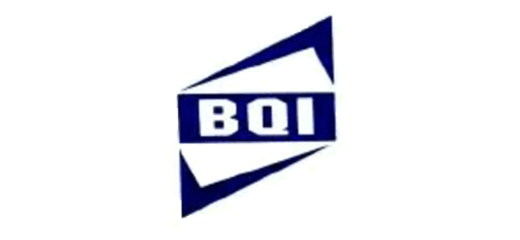
Zhaohui Wang, Phd degree, professor-level senior engineer, has been engaged in the research of food-related products and green packaging regulations and testing technology for a long time. Dr. Wang is the director of Packaging and Daily Chemicals Testing Center in the Beijing Institute of Product Quality Supervision and Inspection (BQI). She is currently preparing for the acceptance of the Quality Inspection and Testing Center for National Food-related Products and Green Packaging in Beijing.
Over the years, she has presided over and participated in a number of ministerial and provincial-level issues related to food packaging, and has presided over and participated in the formulation and revision of a number of national food safety standards for glass products, food contact coatings and coated products, renewable cellulose materials and products, plastic products, and general safety requirements for food contact materials, etc. She is the vice chairman of the Food-Related Products Sub-Committee of the Second-term Food Safety National Standards Review Committee for the Health Commission. She is the Deputy Secretary General of the Packaging and Environment Sub-Committee of the National Packaging Standardization Technical Committee; a member of the first batch of the National Health Science Expert Database of the Healthy China Initiative...

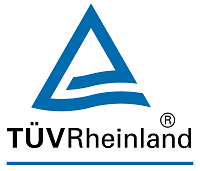
Nick has more than 15 years’ experience in Food Contact material Safety & Chemical Regulation, whilst heading different positions in TUVR in Asia Pacific region and Greater China region related to Food Contact materials and chemical regulation.
A senior expert to support multinational corporation for the regulatory compliance and product safety evaluation for various products (including Food Packaging, kitchenware, household appli-ance and food processing machinery etc.) for major markets (EU, US, China, Japan, Mercosur etc.)
He has a Bachelor of Science in Applied Chemistry.


SeoWon Kim is an experienced Regulatory Affairs Specialist with over 10 years in the chemical and food industries, specializing in regulatory compliance, product registration. She has extensive knowledge of domestic and international chemical regulations, including MoE, MoEL and MFDS, and has successfully led regulatory strategies for new product launches and global market entry. Seowon is skilled at preparing and submitting documentation for product approvals, managing certification processes, and communicating effectively with regulatory authorities. She also develops internal compliance programs, conducts staff training, and supports audit management to ensure ongoing regulatory adherence. She holds a master’s degree in Epidemiology and Health Informatics from Korea University, which provides a strong academic foundation for her regulatory expertise.

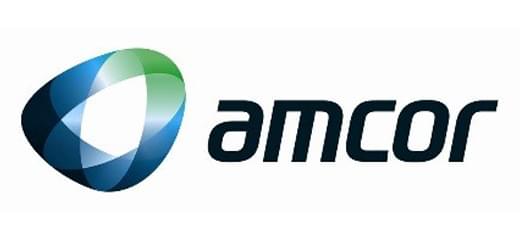
Chris Peloso joined Amcor Research and Development over 20 years ago after graduating with an Honours Degree in Environmental Management. His Honours year project was focused on polymer degradation, specifically the antagonism of anti-block and slip additives.
Upon joining Amcor, he moved into the analytical laboratory where he specialised in:
- Materials analysis
- Shelf life testing
- Food contact compliance testing of flexible, rigid, paper and metal packaging materials
- Odour and taint assessment
He has held the roles of Amcor Packaging Science Laboratory Manager and Amcor Australia New Zealand Product Safety Manager. In 2018, he was appointed Product Safety Director for Amcor Flexibles Asia Pacific.

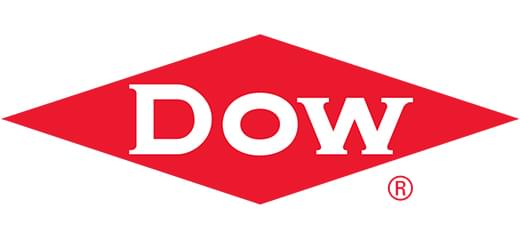
Joined Dow Chemical since 2003 and engaged in product safety and regulatory compliance during last 17 years crossing multiple businesses. Has extensive experience and in regulatory fields of many product such as general chemical, food/food contact etc. and rich knowledge of product risk assessment. Over years, participated many advocacy projects of product regulations-pharmaceutical DMF regulation, cosmetic material management and food contact national standard etc., also played some leadership roles in local industrial associations-Vice Chair of IPEC (China)(2009-2011), Multiple Food Contact Product Taskforce Leaders in AICM (2011-2017) , and vice chair in Food Contact Expert Committee under China National Food Industry Association (2015-2017). Transferred to current role to take accountability of product compliance and safety stewardship for all Dow P&SP portfolios in pan-Asia since 2016.
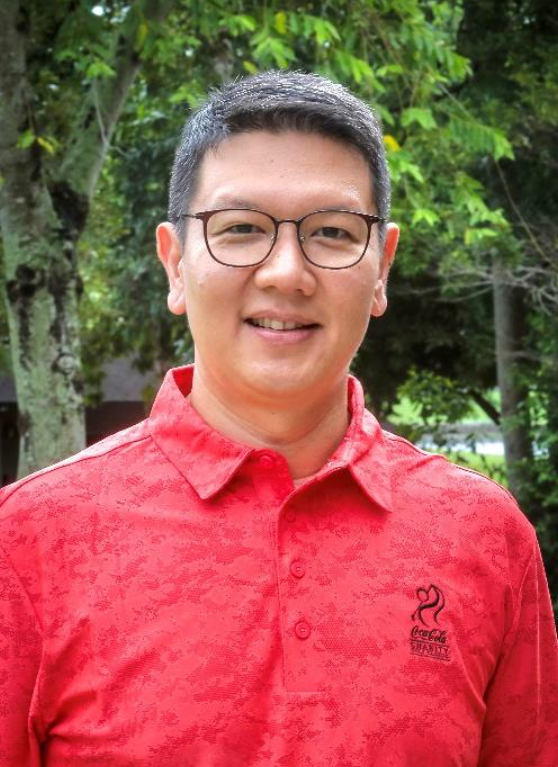

Attorney Marc Anthony Cruz Cox (Marc) is the Director for Stakeholder Relations of Coca-Cola Beverages Philippines, Inc. (CCBPI).
In this role, Marc leads the company’s strategic partnerships with key stakeholders, which include national government agencies, local government units, industry groups and foreign chambers, NGOs, and partner communities to advocate issues of close concern to CCBPI.
In the area of sustainability and policy, Marc is leading the company’s initiatives toward establishing a more robust circular economy for sustainable packaging — as aligned with The Coca-Cola Company’s World Without Waste vision: to collect and recycle 100% of its plastic and can packaging by 2030, which ties in with CCBPI’s program to ensure compliance with the Philippines’ Extended Producer’s Responsibility (EPR) law, which took effect in August 2022.
Marc likewise represents CCBPI as a Director in PETVALUE Philippines Corporation— the company’s joint venture with Indorama Ventures Limited of Thailand. PETVALUE Philippines is the country’s first food-grade bottle-to-bottle PET recycling facility which commenced operations recently (2022). Through his leadership, PETVALUE Philippines was granted pioneer investment status by the Philippines’ Department of Trade and Industry -Board of Investments in December 2020, further paving the way for a truly world-class recycling enterprise to be established locally.

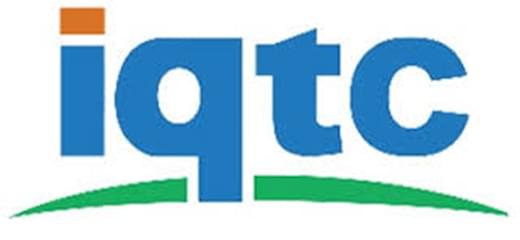
Marco has been involving in food contact materials for more than 20 years. In 2008, He worked as a visiting scientist at Joint research Center of European Commission. Marco is the member of Reviewing Committee for China National Food Safety Standards, and the member of Standardization Committee for plastic food contact material and food contact paper. To date, he has published more than 100 papers in journals and academic conferences. Marco was assigned by the authority since 2014 to draft a serial of Chinese legislations including multilayer packaging, wood and bamboo, Paper and paper board, as well as specific migration methods.
Marco was also appointed as the chairperson of expert committee for FCMs in China food industry association ,The chairperson of working force for China sustainable food contact material, and the member of scientific committee (SC) of International Life Sciences Institute (ILSI) Europe, dedicating to assist government and industry to manage the safety and sustainable FCMs on a scientific manner.


Thomas Gude is founder of the Consultancy Service “Thomas Gude GmbH”, specialized in food contact material, food and non-food Regulations, Chemical Analysis and Risk Assessments. After studying food chemistry in Berlin, Germany, followed by a PhD at the Federal Health Service, Berlin, he has been working for an EU Reference Laboratory and for more than 10 years in pharmaceutical and chemical industry in various research and development positions (chemical analysis, toxicology, pharmacokinetic) as well as in quality assurance. The last 20 years he has been working as Dep. Head for SQTS, Switzerland, responsible for the food and non-food testing laboratories. In addition, he is giving lectures at several institutions/Universities like ETH Zürich in food safety and analytical (food) chemistry. Currently, he is president of the Swiss Society for Food Chemistry (SFC) and president of the AOAC Europe section besides other mandates in several organisations.
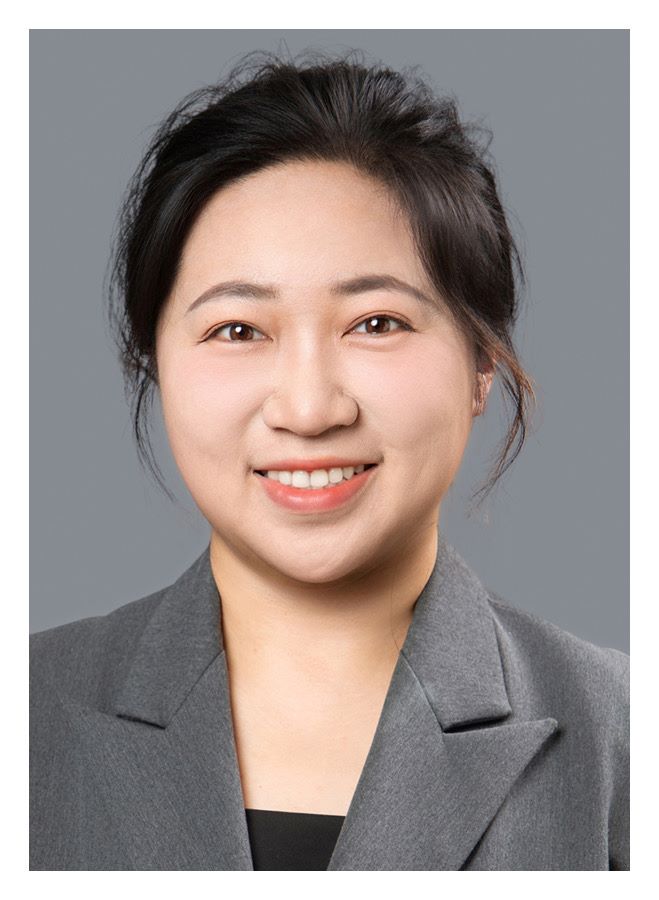
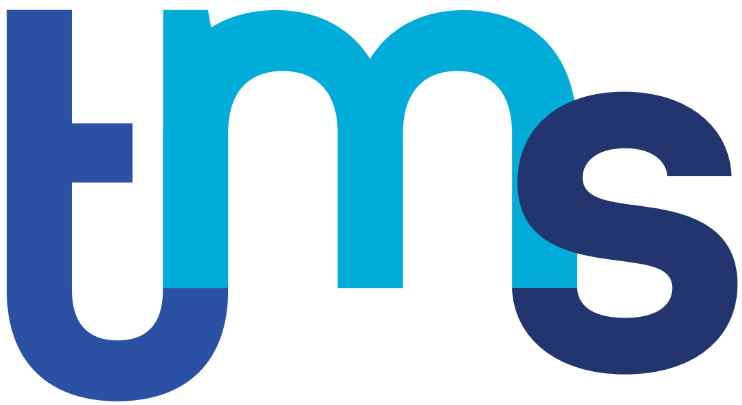
Dr. Melody Meng has extensive experience in regulatory fields of products, including food contact materials, general chemicals, hygiene products and consumer products such as textile, toy, automatic and electrical products. With a PhD in Chemistry and over 12 years of regulatory experience, Melody joined tms/HAVI group in 2021, and has been working as the Global Compliance and Packaging Safety Manager, providing expertise to international brand owners on product safety related topics. Over years, Melody has participated in multiple projects - update of tms <Global Restricted Substances List>, study of safe industrial use of post-consumer recycled materials (PCR fiber and mPCR plastic), PFAS phase out, food contact chemical petition in China, etc..

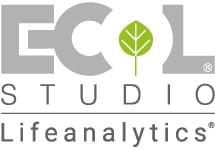
Cristina Lugli is the Business Development Manager for the Product Safety & Sustainability Area at Ecol Studio. She is also the Managing Director and CEO of Ecol Studio Consulting AB, the Swedish branch of Ecol Studio.
With a PhD in Chemistry (Ordine dei Chimici) and over 25 years of experience in the Food Contact Materials sector, Cristina specializes in technical and regulatory affairs, providing expertise to international clients on product safety and sustainability-related topics. She is an active member of several EU working groups focused on paper, plastic, and food contact materials. Additionally, Cristina holds the title of Food Contact Expert No. 119 (AIBO - Italian Association of Food Contact Experts) and serves as the President of the UNI-CT008 Paper Technical Committee.

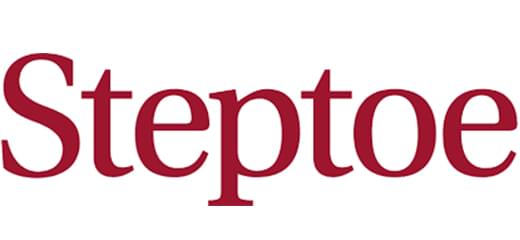
At Steptoe LLP., Dr. Jessica Cooper advises clients on a wide range of chemical and scientific topics, with a focus on food contact substances, food packaging, and food additives. With more than 15 years of professional experience, Jessica leverages her proficiency in evaluating and interpreting scientific data to provide clients with clear advice on conducting migration testing, migration modelling, dietary exposure assessments, and general analytical testing. Jessica’s expertise includes per- and polyfluorinated alkyl substances (PFAS), and nanomaterials.
Prior to joining Steptoe, Jessica served at the Food and Drug Administration (FDA) as a Lead Chemist & Master Reviewer, where she provided leadership, strategic direction, and ensured consistency of regulatory policy regarding food additives and food contact substances in FDA's Office of Food Additive Safety (OFAS).


Peter graduated from York University with a BA in Chemistry and from University of Manchester Institute of Science and Technology with a PhD in polymer science. He has worked in the resins and coatings industries in various roles. He is currently Regulatory Affairs Manager (in Europe) for The Valspar Corporation and is actively involved in activities to support the can coating business and food contact, some of which are chairing the industry consortium involved in the 7th Framework Programme for developing a risk management tool to assess exposure to migrants from food packaging (FACET) and the Coatings Code of Practice group in addition to supporting other trade association initiatives. The latest initiative is in critiquing conditions in the migration guidelines for the plastics regulation and where they are inappropriate for non-plastics in association with numerous professional associations.
Peter has published widely – over 18 books and peer reviewed scientific articles.


Alistair is a subject matter expert in the Food Contact Safety Team at Smithers. This involves advising clients on the safety legislation which applies to food packaging in a wide range of different countries throughout the world and coordinating work programmes to ensure that clients' products meet these requirements.
His expertise spans all the EU countries, USA, Japan, Australia, New Zealand, Canada, Israel, Russia and South America.

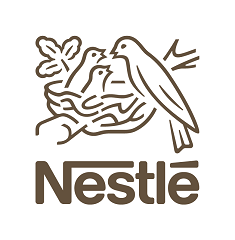
Experienced Compliance Manager with a demonstrated history of working in the food & beverages industry. Skilled in Polymers, Product Safety, Regulatory Requirements, and Continuous Improvement. Research Doctorate focused in Biochemistry from Università degli Studi di Ferrara.


Dr. Evert Delbanco is chemist and European Registered Toxicologist (ERT) with over 25 years of experience in regulatory affairs, toxicology and food safety related to packaging. He has held significant roles in major companies, including serving as the Global Head of Regulatory Affairs at Henkel, as Global Head of Food Safety & Toxicology at Siegwerk and currently as Head of Global Regulatory Project Management & Group Toxicologist at Flint. His expertise encompasses global packaging regulations and toxicological evaluations. He has also been actively involved in various industry associations such as CEFIC, ECETOC, AISE, CEPE, EuPIA, VCI and VdL and was chairman of the EuPIA NIAS Risk Management Task Force for many years.

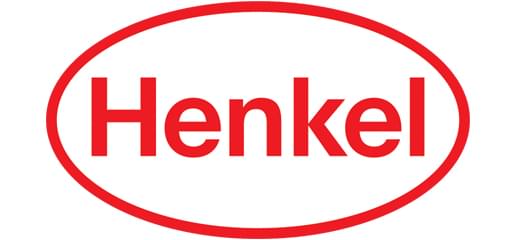
Education: MBA in Sustainability & Leadership/BSc in Biology & Chemistry
Working experiences:
26years in Chemical Industry in the areas of Product Safety & Regulatory Affairs, and Safety Health, Environment & Quality Management, Manufacturing and Engineering.

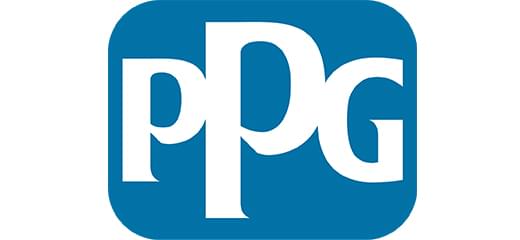
Sylvain Rannou holds a PhD of Polymer Science & Engineering from The University of Manchester, UK.
He worked for 20 years in the food packaging and polymer industry in the UK (Dow Corning, Mars Drinks) and Singapore (A*STAR, Nestlé, PPG).
He spent 11 years in Nestlé where he developed his expertise in food contact regulatory compliance, as part of the Nestlé Quality Assurance Center (NQAC) and the Dairy business.
In November 2022, he moved to PPG for a new role, covering regulatory compliance of food-contact coatings for the Packaging and Kitchen Industrial Bakeware (KIB) businesses.


Chunlin Shen embarked on his professional journey in 2005, successively serving at Shanghai Municipal Center for Diseases Control and Prevention, DuPont China Holding Co., Ltd. and Estee Lauder Companies Innovation R&D (China) Co., Ltd. Having rendered his expertise to the regulatory authority, a leading chemical company and a renowned finished cosmetics company, Chunlin possesses an intimate understanding of the cosmetics supply chain. Currently, Chunlin is entrusted with the safety assessment of both finished cosmetics and their constituent raw materials. Chunlin has spearheaded research initiatives funded by the U.S. NIH Fogarty International Center, the International Copper Association and the State Grid Corporation of China. Moreover, he has played an active role in projects supported by the National Natural Science Foundation of China and the Shanghai Pujiang Talent Program. To his credit, he has authored over 30 scholarly papers and has contributed to the development of numerous national and professional standards.

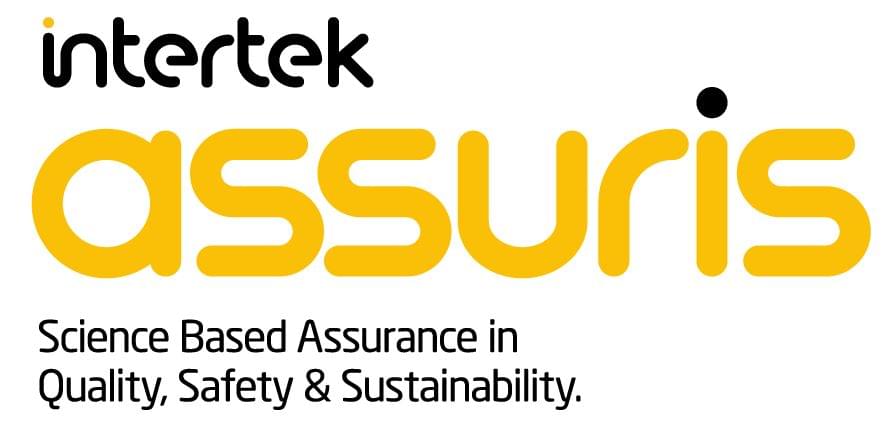
Anne-Sophie Moriceau is a pharmacist-toxicologist within the Business Line Assuris
at Intertek France. Since early 2020, she is Safety Project Manager for Cosmetics
and Food Packaging and is in charge of the development of FCM and packaging
services by supporting commercial and marketing departments.
Anne-Sophie Moriceau has defended her PharmD at the end of 2018 in the Paris
Sud XI University of Pharmacy, focusing on the safety assessment of contentcontainer
interactions of pharmaceuticals and cosmetics.

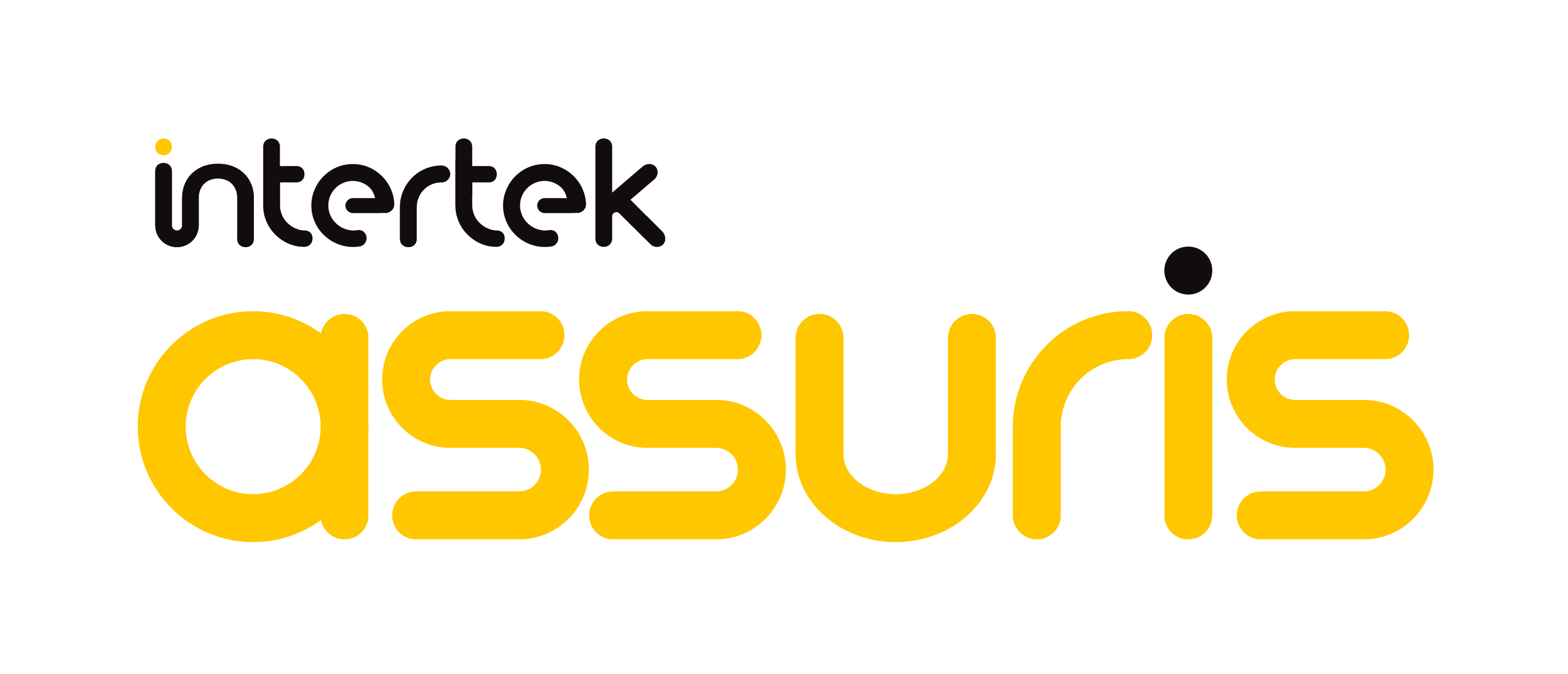
Effy Ji is a senior regulatory specialist in food contact practice area. She has more than 10 years’ experience in food contact analysis and compliance.
Now she is mainly focused on China food-related product petition for new substance intended to be used in food contact materials and articles, China food contact compliance including formulation review and compliance testing, as well as application for authorization of recycle plastics materials used in food contact material. She, with technical expertise and project experience, provides regulatory consulting and compliance solutions to clients worldwide.


Sunanda Kadam has over 20 years of experience in chemical andregulatory compliance. Currently, she supports clients in South Asia &Middle East region in complying with the global chemical, environmenta& food contact regulations. She has been involved in strategizing chemicalregulatory compliances, keeping track of the regulatory developments,evaluating its impact on the products along with the customers. She has aprofound knowledge on global food contact regulations, Packagingsustainability,Global Restricted substances etc.
Her experience in regulatory consulting is complemented by herexpertise in risk assessments, supply chain management, sustainabilityand science-based assurance services for international exports. Shebelieves sustainability is a growing factor for products being developedand marketed around the world.


Emmi Heino holds a master’s degree in food science from University of Helsinki. Through her work experience in food industry and packaging material industry she has gained excellent understanding of the quality and regulatory requirements of food contact materials and articles (FCM) from the perspective of the whole supply chain. In her 6 years at Intertek, she has supported numerous clients big and small, in various positions in the food contact supply chain in understanding the regulatory requirements in EU and worldwide and making strategies for implementation of the requirements in practice to ensure compliance with the regulations. She also provides training and consulting in understanding the requirements for Good Manufacturing Practice in FCM industry and performs regulatory assessments for clients building up and implementing GMP at their manufacturing sites.


Jennifer Cioffi is the Senior Manager, Regulatory Notifications & Compliance at Intertek Assuris. With over 15 years of experience, Jennifer brings extensive expertise in regulatory submissions and global food packaging evaluations. Jennifer is passionate about ensuring the safety and quality of food contact materials and remains dedicated to staying up to date on the latest global regulations and standards, ensuring her clients are well-positioned in a constantly evolving regulatory landscape.
Jennifer is known for her ability to collaborate effectively with cross-functional teams and stakeholders, developing and implementing regulatory strategies that meet both compliance and business goals. Her commitment to excellence and regulatory insight makes her a valuable advisor in food contact compliance and safety.